North Atlantic Sea Surface Temperature Anomaly
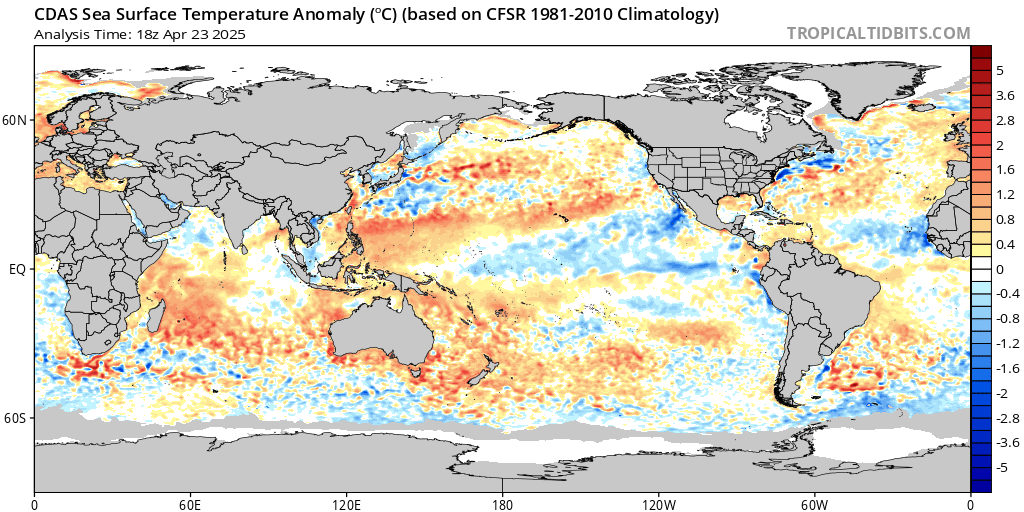
Hey buddy, have you heard about the marine heatwave that's currently warming up the ocean along the East Coast? It's quite an interesting phenomenon! Let me tell you more about it.
A marine heatwave refers to an extended period of unusually warm ocean temperatures in a specific region. These events can have significant impacts on marine ecosystems and weather patterns. Recently, there has been a marine heatwave affecting the East Coast, causing a rise in ocean temperatures. It's important to understand the causes, effects, and potential consequences of such heatwaves.
The Causes of Marine Heatwaves
In this particular case, the cause of the marine heatwave along the East Coast can be attributed to a combination of natural factors and human-induced climate change. Natural climate patterns, such as El Niño and La Niña, can influence ocean temperatures. Additionally, climate change has been contributing to rising global temperatures, which, in turn, affect the ocean.
Human activities, such as burning fossil fuels and deforestation, release greenhouse gases into the atmosphere. These gases trap heat and lead to a phenomenon called the greenhouse effect, which causes the Earth's temperature to rise. The excess heat warms up the ocean, leading to marine heatwaves.
The Effects of Marine Heatwaves
Marine heatwaves can have profound effects on both marine life and weather patterns. Let's take a closer look at the consequences:
1. Impact on Marine Ecosystems
When the ocean becomes too warm, it can disrupt the delicate balance of marine ecosystems. Some species may struggle to survive in these altered conditions, while others may thrive. The shift in species composition can impact the entire food chain, affecting the abundance and distribution of marine life.
For example, fish populations may migrate to cooler waters, leaving behind their traditional habitats. This can disrupt fishing industries and lead to economic consequences for coastal communities that rely on fishing for their livelihoods.
2. Influence on Weather Patterns
The ocean plays a crucial role in regulating global climate patterns. Changes in ocean temperature can impact weather systems and lead to extreme weather events. A marine heatwave along the East Coast, for instance, could intensify hurricanes and tropical storms, making them more destructive.
Furthermore, warm ocean temperatures can also lead to increased precipitation in certain regions. This can cause heavy rainfall, flash floods, and mudslides, affecting both coastal and inland areas.
Benefits and Advantages
While marine heatwaves have negative impacts, they also offer some potential benefits. Some marine organisms, like kelp forests and algae, thrive in warmer waters. These enhanced growth rates can provide opportunities for the fishing and aquaculture industries.
Additionally, marine heatwaves can attract different species of marine life to new regions. This can create unique opportunities for divers and tourists interested in observing the changes in marine ecosystems.
The Conclusion
In conclusion, the current marine heatwave along the East Coast is a result of both natural climate patterns and human-induced climate change. It has significant effects on marine ecosystems and weather patterns. Understanding and monitoring these events is essential for managing and mitigating their impacts.
As we continue to witness the consequences of climate change, it's crucial to take action to reduce our carbon footprint and protect the delicate balance of our oceans. Only through collective efforts can we combat the challenges posed by marine heatwaves and the broader issue of global warming.
People Also Ask
What are the long-term effects of marine heatwaves?
Marine heatwaves can lead to long-term changes in marine ecosystems. They can disrupt the distribution of species, alter food chains, and impact biodiversity. This, in turn, can have cascading effects on the health and resilience of marine ecosystems for years to come.
How can we mitigate the impacts of marine heatwaves?
There are several strategies to mitigate the impacts of marine heatwaves. These include investing in sustainable fishing practices, implementing marine protected areas, and reducing greenhouse gas emissions. Furthermore, monitoring and early warning systems can help prepare and respond to marine heatwave events.
Remember, understanding the challenges we face allows us to make informed decisions and take effective action. Let's prioritize the conservation of our oceans and work towards a more sustainable future!If you are looking for Climate Change Indicators: Sea Surface Temperature | US EPA you've came to the right page. We have 25 Pictures about Climate Change Indicators: Sea Surface Temperature | US EPA like The Atlantic is running a fever | ArcticRisk Platform, (Friday 21/7) North Atlantic sea surface temperature anomaly surges to a new record with and also Observed North Atlantic sea surface temperature (SST) anomalies before... | Download Scientific. Here you go:
Climate Change Indicators: Sea Surface Temperature | US EPA
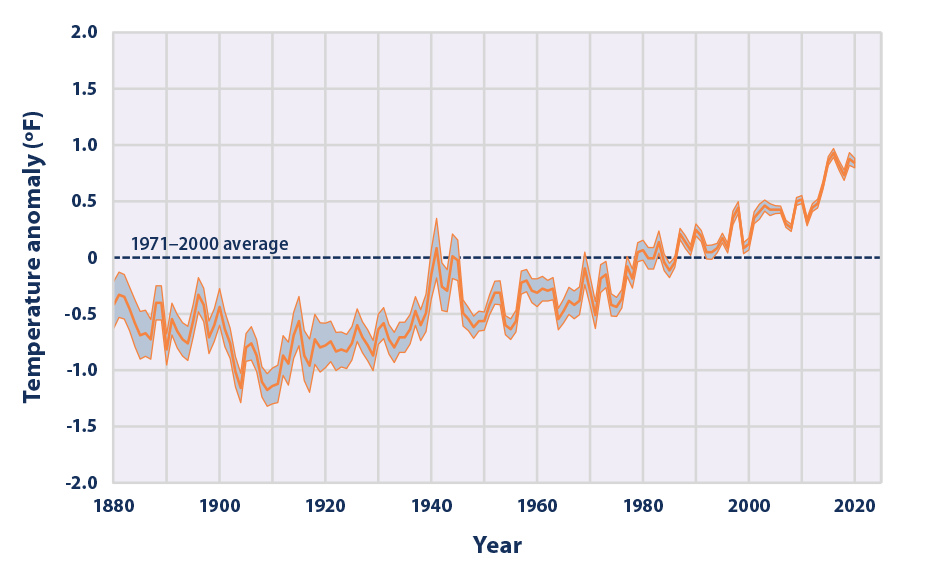 www.epa.gov
www.epa.gov climate 1880 indicators temp epa
(a) Time Series Of The Sea Surface Temperature Anomaly (SSTA) Averaged... | Download Scientific
 www.researchgate.net
www.researchgate.net anomaly ssta averaged
Observed North Atlantic Sea Surface Temperature (SST) Anomalies Before... | Download Scientific
 www.researchgate.net
www.researchgate.net (Friday 21/7) North Atlantic Sea Surface Temperature Anomaly Surges To A New Record With
 www.reddit.com
www.reddit.com NCEI Improves Analysis Of Sea Surface Temperatures | News | National Centers For Environmental
 www.ncei.noaa.gov
www.ncei.noaa.gov temperatures ncei noaa improves
*North Atlantic* The Gulf Stream Cools Unusually, As Low-pressure Systems Bring Colder Air Out
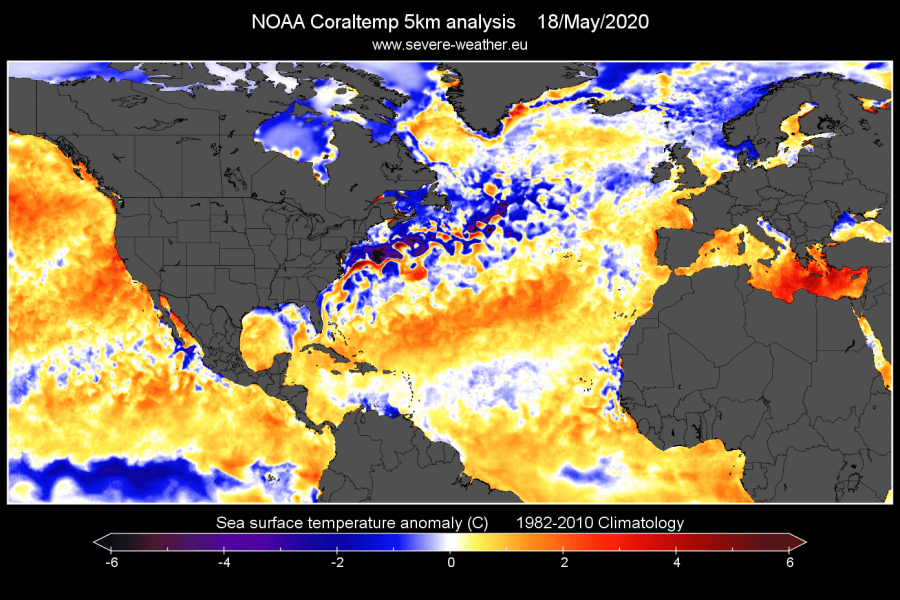 www.severe-weather.eu
www.severe-weather.eu colder impacting cools unusually anomaly
Atlantic Sea Surface Temperature Anomaly : Image Of The Day
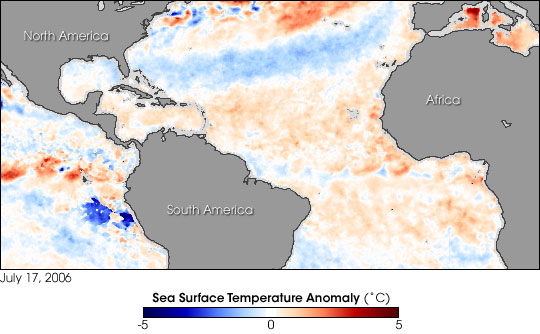 earthobservatory.nasa.gov
earthobservatory.nasa.gov anomaly
Annual North Atlantic Sea Surface Temperatures Between 18562017. The... | Download Scientific
Climate Signals | Map: May 26, 2016 North Atlantic Sea Surface Temperature Anomaly
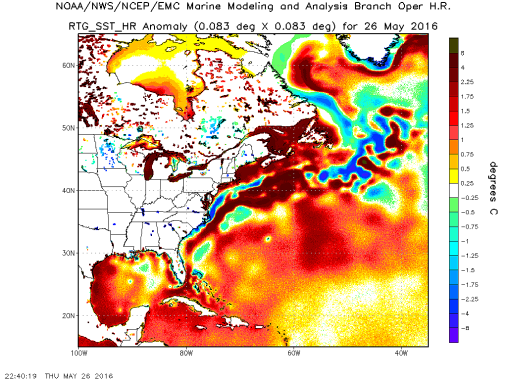 www.climatesignals.org
www.climatesignals.org atlantic anomaly
The Atlantic Is Running A Fever | ArcticRisk Platform
 arcticrisk.org
arcticrisk.org North Atlantic Temperature Anomaly Sparks Concern Among Climate Scientists | Guernsey Press
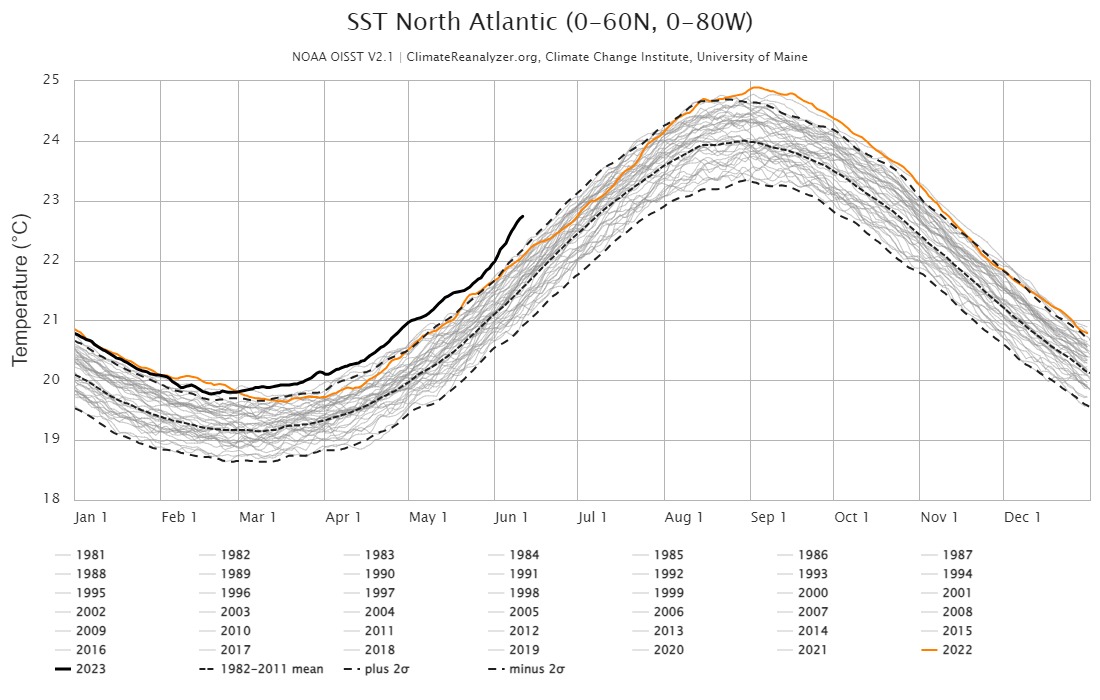 guernseypress.com
guernseypress.com North Atlantic Heat Content Plunges… Meteorologist Warns Of “Serious Implications” On US Climate
atlantic north ocean heat temperatures sea chart climate ice anomaly global term long average cold year implications serious plunges data
Atlantic Sea Surface Temperature Anomaly
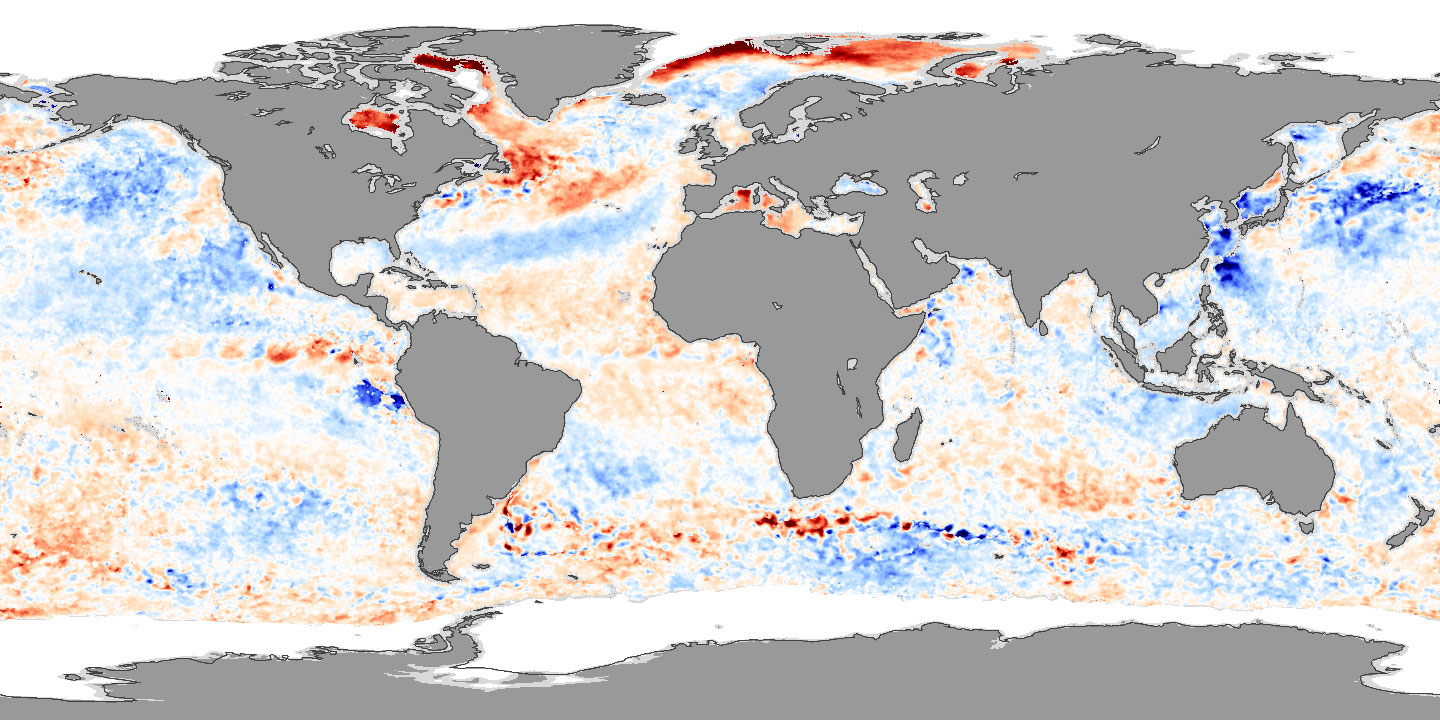 earthobservatory.nasa.gov
earthobservatory.nasa.gov sea surface atlantic temperature anomaly nasa sst ocean oceans gov 2006
Average Sea Surface Temperature In The North Atlantic For A) July 2017... | Download Scientific
 www.researchgate.net
www.researchgate.net Sea Surface Temperatures Breaking Records | Official Blog Of The Met Office News Team
 blog.metoffice.gov.uk
blog.metoffice.gov.uk Climate Signals | Map: Atlantic Sea Surface Temperature Anomaly, October 5, 2017
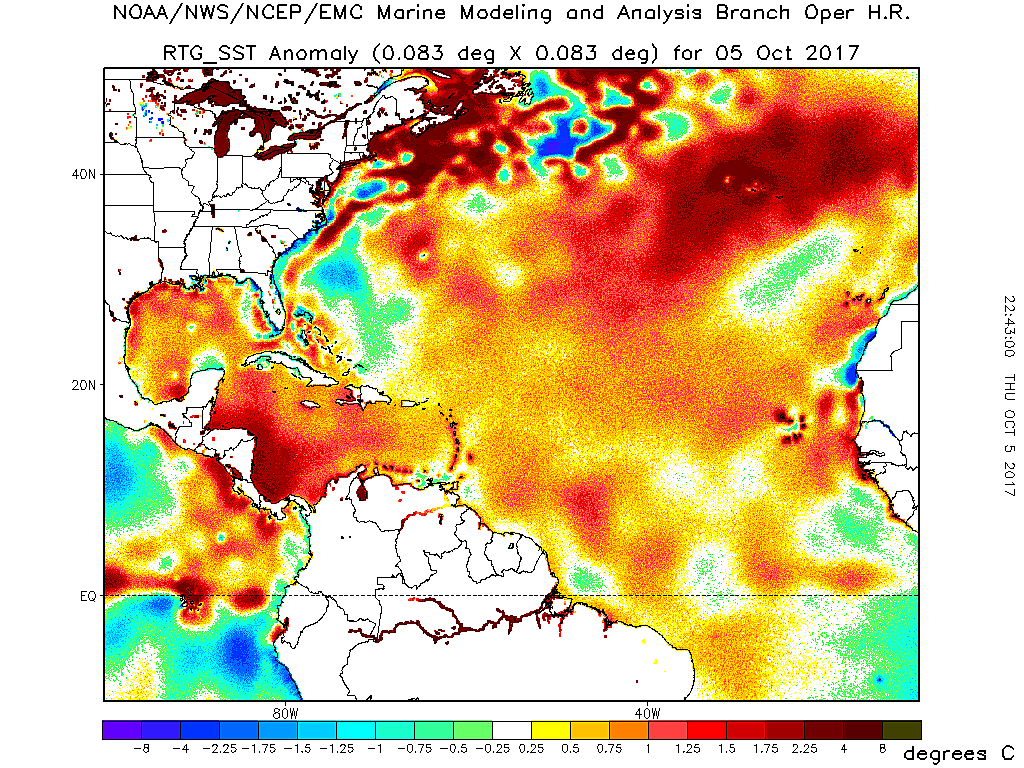 www.climatesignals.org
www.climatesignals.org atlantic temperature north surface sea october anomaly map nate landfall toward gulf waters headed tropical storm mexico central america making
7 North Atlantic Sea-surface Temperature (°C) Anomalies Since 1854 With... | Download Scientific
 www.researchgate.net
www.researchgate.net atlantic temperature 1854 anomalies milestones nouakchott
BigG Surf Forecasts
sea temperature passageweather north atlantic surface temperatures weather
Temperature And Lobster Phenology From The Gulf Of Maine. (a) Gulf Of... | Download Scientific
 www.researchgate.net
www.researchgate.net sst anomalies anomaly fisheries
June 2012 Sea Surface Temperature (SST) Anomaly Update | Bob Tisdale – Climate Observations
 bobtisdale.wordpress.com
bobtisdale.wordpress.com temperature surface sea sst anomaly atlantic north update june anomalies
Sea Surface Temperature Anomaly In The North Atlantic For July 2017 (a)... | Download Scientific
atlantic surface anomaly
Newquay Weather Station - Sea Tempertures
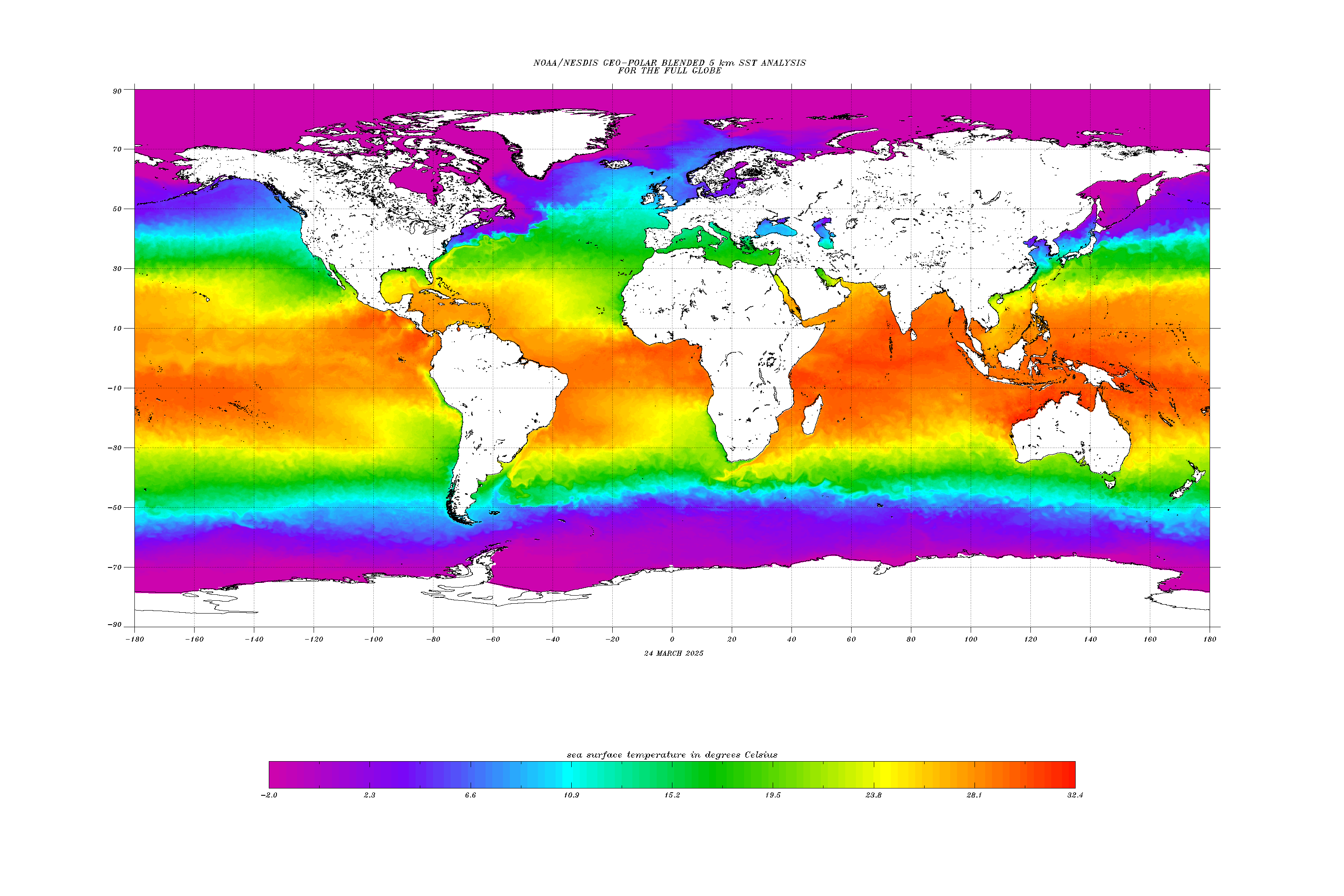 www.newquayweather.com
www.newquayweather.com noaa sst
Map: Atlantic Sea Surface Temperature Anomaly, Sep 8, 2018 | Climate Signals
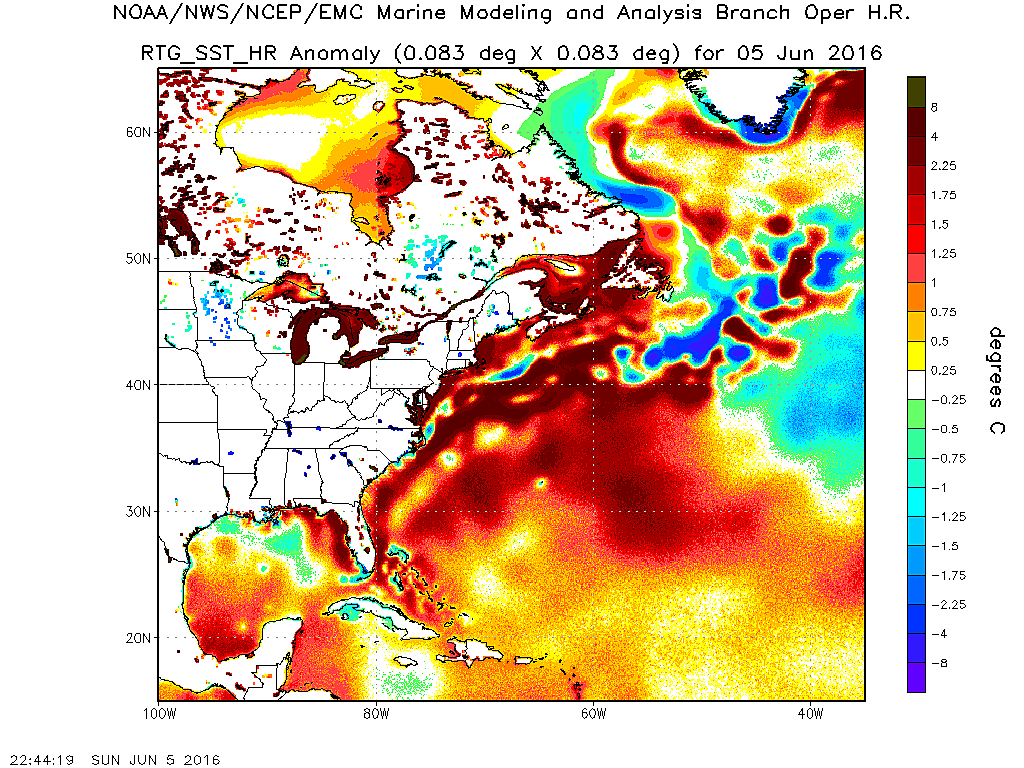 www.climatesignals.org
www.climatesignals.org anomaly atlantic temperature sea surface map june sep sst early 1961 climatology 1990 climatesignals resources
2.2.2.2 Sea Surface Temperature And Ocean Air Temperature
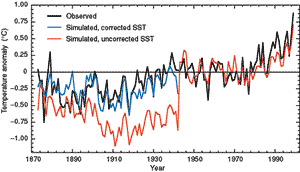 archive.ipcc.ch
archive.ipcc.ch ipcc temperature surface sea sst
A Marine Heatwave Is Warming Up The Ocean Along The East Coast | Here & Now
 www.wbur.org
www.wbur.org ocean warming heatwave marine global cdas temperatures atlantic analysis coast east along trend region past few summer years part over
Bigg surf forecasts. Ipcc temperature surface sea sst. A marine heatwave is warming up the ocean along the east coast
Comments
Post a Comment